Invited Speakers

Torsten Bohn
Dr. Torsten Bohn is Unit Leader of the Nutrition and Health Research Group at the Department of Precision Health at the Luxembourg Institute of Health. He holds a degree in Food Chemistry from the University of Frankfurt/Main (1997) and a PhD in Human Nutrition obtained at the Swiss Federal Institute of Technology, Zurich (2002).
The research focus of Dr. Bohn rests on micronutrients and secondary plant metabolites, their metabolism and their health benefits, with a focus on inflammation and oxidative stress, as well as dietary patterns and their relation to disease and obesity – he is currently in charge of the EU consortium HealthyW8. One of his specialties is related to food digestion (e.g. he was a member of the INFOGEST COST action) and questions of bioavailability, especially related to carotenoids. Dr. Bohn also teaches as Adjunct Associate Professor at Luxembourg University, and is member of the Nutri-Score Scientific Committee as well as of the EFSA Nutrition, Novel Foods and Food Allergens (NDA) panel. He also is editor-in-chief of the Int J Vitam Nutr Res.
Torsten Bohn
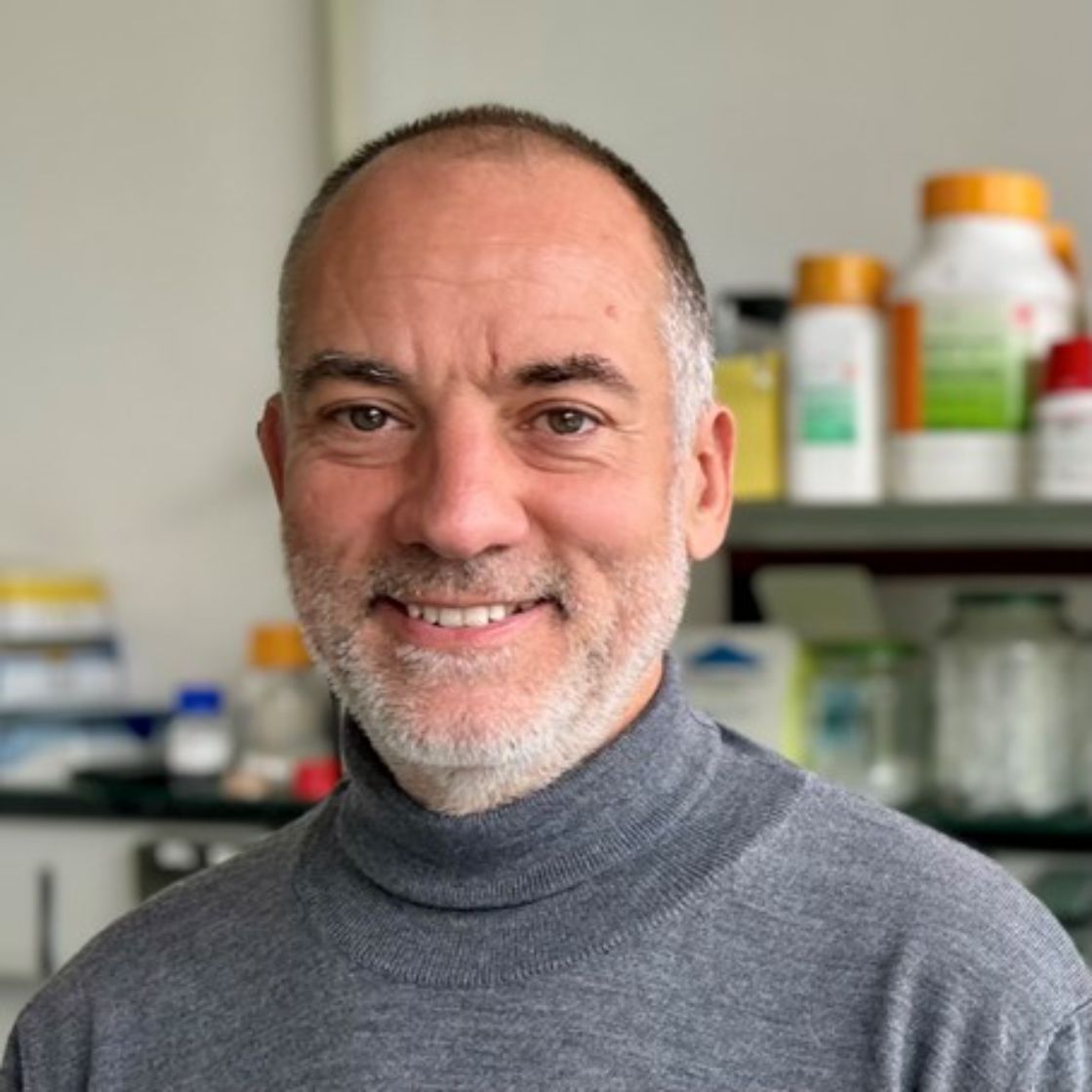
Jan Frank
http://scholar.google.de/citations?user=eQ9XwmYAAAAJ
https://www.scopus.com/authid/detail.uri?authorId=55262662100
http://orcid.org/0000-0002-7548-5829
Dr. Jan Frank is Professor of Food Biofunctionality at the Institute of Nutritional Sciences of the University of Hohenheim. He holds a diploma in Nutrition from Bonn University (2000), a PhD in Food Science from the Swedish University of Agricultural Sciences (2004), and received postdoctoral training at the Universities of Kiel and Hohenheim. He was a visiting scientist at the Linus Pauling Institute (USA), the University of Reading (UK) and the University of Surrey (UK). Dr. Frank was appointed Professor of Human Metabolomics at the Institute of Nutritional and Food Sciences at the University of Bonn in 2012 and Full Professor of Food Biofunctionality at the Institute of Nutritional Sciences in 2013. In 2018 he was elected Vice Dean and in 2023 Dean of the Faculty of Natural Sciences at the University of Hohenheim. He is the president of the Society of Nutrition and Food Science (www.snfs.org), editor-in-chief of NFS Journal (IF 4.1), associate editor of Nutrition, and member of the editorial boards of The Journal of Nutritional Biochemistry, PharmaNutrition, and Plant Foods for Human Nutrition.
His research interests lie in factors that determine the absorption, metabolism, and elimination of phytochemicals and vitamin E congeners, including the lesser known tocomonoenols, and the development and examination of novel strategies to overcome the low intrinsic oral bioavailability of phytochemicals. Dr. Frank and his team also investigate the biological functions of vitamin E congeners and their long-chain metabolites, and the involvement of the α-tocopherol transfer protein in mediating them.
Jan Frank

Yves Desjardins
Yves Desjardins is full professor at the Plant Science department and he is affiliated with the Institute of Nutrition and Functional Foods at Laval University, Québec Canada. He was appointed Dianafood-NSERC Industrial Chair on prebiotic effects of fruits and vegetables (PhenoBio+). Trained in plant physiology, he is conducting research on phytochemistry and functionality of bioactive compounds from plants. He is PI or collaborator on many major preclinical and clinical studies on type-2 diabetes, cognitive decline, low-grade inflammation, urinary tract infection, skin diseases, and oral infections. He is particularly interested in the effects of tannins on the gut microbiota and its interaction with the host mucosal immune and gut barrier function. Over the years, he has accompanied many horticultural and food processing companies in the development and the validation of the health benefits of horticultural commodities (e.g. Urophenol, Glucophenol, Neurophenol). At the international scene, he is recognized for his innovative research program on health effects of fruits and vegetables. He was the Chair first International Symposium on Health Effects of Fruits and Vegetables in Québec City (FAVHEALTH 2005) and the OECD Symposium – “Emerging Topics in Health Effects Fruit and Vegetables” in Lisbon, Portugal (2010). He organized in 2016 the International Strawberry Symposium (750 participants), which made a large place to health effects of this fruit. He also organized the International Congress on Polyphenols and Health (www.ICPH2017-Québec.org) (>350 world renowned participants) in Québec City. He has published more than 160 scientific articles with an H index of 47. His leadership in the field is recognized worldwide; he has been invited on numerous occasions to give keynote lectures at international meetings over the last few years (>20).
Yves Desjardins

M. Luisa Bonet
Dr. M. Luisa Bonet is a Full Professor in Biochemistry and Molecular Biology at the Department of Fundamental Biology and Health Sciences of the University of the Balearic Islands (UIB) (Spain). Member of the UIB “Nutrigenomics, Biomarkers and Risk Evaluation” (NuBE) research group, CIBER Physiopathology of Obesity and Nutrition (CIBEROBN), the Balearic Islands Health Research Institute (IdISBa), and the Balearic Islands Artificial Intelligence Research Institute (IAIB). Director of the Master in Nutrigenomics and Personalized Nutrition of the UIB.
Dr. Bonet’s background is in molecular nutrition, nutrigenomics, and the physiopathology of obesity. Her main research lines relate to cellular and biochemical mechanisms regulating body weight and adiposity in mammals, their interactions with nutrients and food bioactive (e.g., vitamin A, carotenoids, glycosaminoglycans, resveratrol, nicotinamide riboside), and the impact of early life nutrition in the long-term programming of body composition and metabolic health. The role of vitamin A and carotenoids in this context has been a main focus of her research since 1996. Her work has been pioneering in demonstrating the anti-obesity action of vitamin A as retinoic acid and beta-carotene-derived retinoids. Other works of hers relate to the role of cell cycle regulatory proteins (e.g., the retinoblastoma protein) in metabolic control and the use of blood cells to identify transcript-based biomarkers of metabolic health. Founder member of Alimentomica, a technology-based UIB spin-off company born in 2011 for research on and development of new components, technologies, and innovations to improve diet and health. Editor-in-chief of the “Nutrigenomics and Nutrigenetics” section of the journal Nutrients.
M. Luisa Bonet
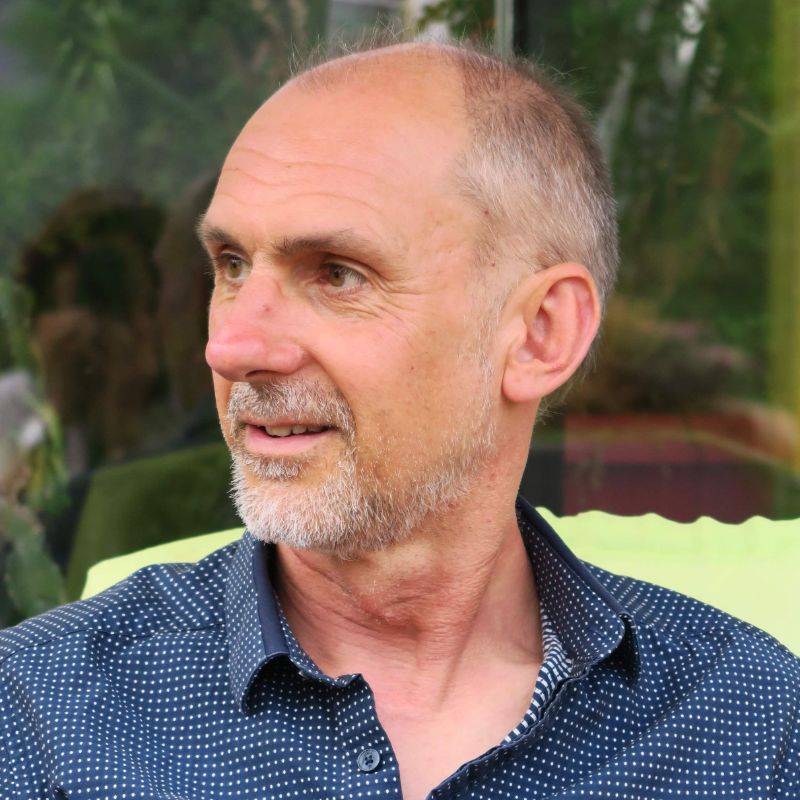
Didier Dupont
Dr. Didier DUPONT is a Research Director at INRAE in Rennes, France. He holds a PhD in Life and Health Sciences (1995) and obtained his authorization to steer researches (HDR) in 2004.
He works on the mechanisms of food disintegration in the gastrointestinal tract and its consequences on human health. More precisely, he studies the effect of the structure of the food matrix on the bioaccessibility and bioavailability of bioactives and nutrients, with a particular focus on specific populations such as infants or the elderly. To investigate food digestion, he has developed a wide range of in vitro (static and dynamic), in vivo (multi-canulated and catheterized pigs, minipigs, piglets) and in silico models of digestion. He is the scientific coordinator of INFOGEST, an international network on food digestion with 800 experts from 60 countries (2011-present).
Didier Dupont

Johannes von Lintig
Silvia Balslew Page – William J. Reinhart MD Professor of Ophthalmologic Diseases
Department of Pharmacology, Case Western Reserve University, Cleveland, USA
Dr. von Lintig earned his PhD from the University of Freiburg, Germany (1993), and specializes in the metabolism and functions of carotenoids and retinoid derivatives in vision. His research has uncovered the first genes involved in carotenoid metabolism in animals, including key enzymes and transport proteins related to vitamin A production from carotenoids. His lab has developed essential animal models, tools, and techniques widely used to explore the link between carotenoid metabolism and blinding diseases. Dr. von Lintig’s contributions are reflected in over 130 publications, and his work has had a lasting impact on carotenoid research.
Email: jxv99@case.edu
Institutional webpage: https://case.edu/medicine/pharmacology/people/johannes-von-lintig
Researchgate: https://www.researchgate.net/profile/Johannes-Lintig
Google Scholar: https://scholar.google.ca/citations?user=F392_VwAAAAJ&hl=en
ORCID: https://orcid.org/0000-0002-2079-2143
Web of Science: https://www.webofscience.com/wos/author/record/AEQ-2069-2022
Johannes von Lintig

Carine Le Bourvellec
Dr. Carine Le Bourvellec is a Research Director at the Join Research Unit Safety and Quality of Processed Fruits and Vegetables at INRAE Avignon. She has a Master degree and a Ph.D in Biology (2000 and 2003) at the University of Rennes.
Dr. Carine Le Bourvellec research focuses on the destructuration and re-organization of molecular assemblages in fruit and vegetables that occur during processing and storage. These processes modify plant-based food quality i.e., content and composition of sugars, organic acids, carotenoids, polyphenols, volatile compounds, cell walls, and generated process-induced compounds. She has acquired a large knowledge and experience on the mechanism of interactions between polyphenol and cell walls and on the structural and environmental parameters that drive these interactions. This has profound consequences on the extractability and bioavailability of the polyphenols, on the functional characteristics of extracted polysaccharides, and on the human gut microbiota fermentation kinetics of dietary fibers and polyphenols.
Carine Le Bourvellec
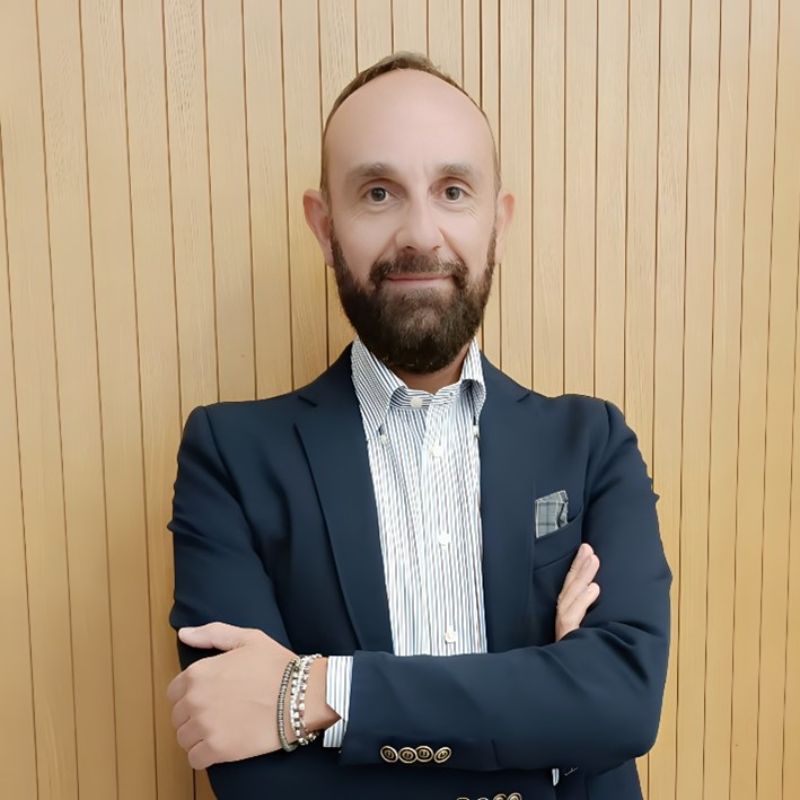
Cristian Del Bo’
Cristian Del Bo’ is Associate Professor of Human Nutrition at the Department of Food, Environmental and Nutritional Sciences (DeFENS), at the University of Milan. He has a Master degree in Food Science and Human Nutrition and a PhD in Experimental and Clinical Nutrition (2007 and 2014), at the University of Milan. Prof. Del Bo’ has been a research fellow at the Department of Food Science and Human Nutrition of the University of Maine (Orono, ME). In addition, he conducted an internship at the Antioxidants Research Laboratory, Jean Mayer USDA Human Nutrition Research Center on Aging at Tufts University (Boston, MA), and at the Department of Public Health of the University of Copenhagen, (Copenhagen, DK).
Prof Del Bo’s research activity focuses on the evaluation of the role of bioactives (mainly polyphenols, carotenoids and glucosinolates) and bioactive-rich foods in the modulation of metabolic and functional markers. He performed several preclinical and clinical studies investigating the role of bioactives in the modulation of vascular function, lipid metabolism, oxidative stress and inflammation, also in relation to gut microbiota and intestinal permeability.
Prof. Del Bo’ is Secretary of the Italian Society of Human Nutrition (SINU), Associate Editor for the journal Frontiers in Nutrition section Nutritional Epidemiology, and member of the Editorial Board of the International Journal of Food Sciences and Nutrition, Nutrients, and Member of the Advisory Board for the journal Food & Function.
Cristian Del Bo’
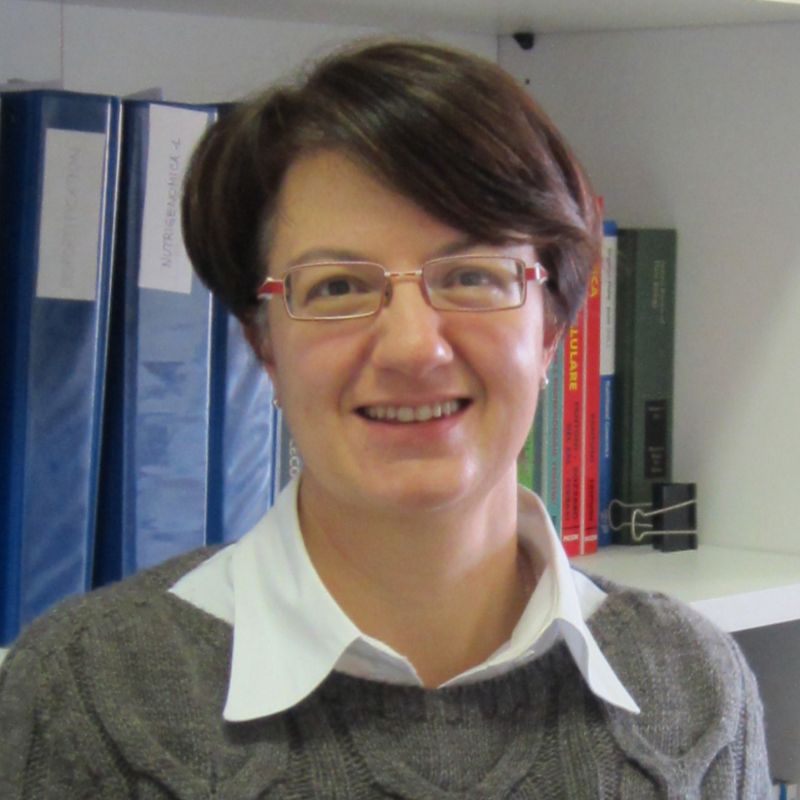
Katia Petroni
Katia Petroni is Associate Professor of Genetics in the Department of Biosciences at the University of Milan, Italy, where she teaches Genetics, Molecular genetics, Nutrigenomics and Nutrigenetics. She graduated in Biological Sciences and obtained her Specialisation on Applied Genetics at the University of Milan in 1998. In the same year, she started her research career as Assistant Professor in the Department of BioSciences, where in 2016 she became Associate Professor of Genetics.
Since the beginning of her academic life, she has studied flavonoid and anthocyanin biosynthesis in plants. In the last 20 years, her research has focused on the determination of the protective role of anthocyanins on health. Her scientific interests are currently focused on understanding the role of polyphenols (particularly anthocyanins) in preventing chronic diseases, such as cardiovascular disease and obesity. To this purpose, she contributed to develop model foods enriched in anthocyanins and used them in nutrigenomic studies in cell-based systems, in preclinical studies and, thanks to the collaboration with other groups, in clinical trials, to determine their health-promoting activities and recently their bioavailability.
Katia Petroni

Béatrice Romier
Béatrice Romier is a lecturer in biochemistry and molecular biology at the University of Reims Champagne-Ardenne (URCA) within the Extracellular Matrix and Cellular Dynamics unit. She earned her PhD in 2008 from the Catholic University of Louvain and holds a master’s degree in Nutrition and Food Sciences. Her areas of expertise include transcriptomics, extracellular matrix, diabetes, obesity, and bioinformatics.
Béatrice coordinates a professional bachelor’s program in international trade of wines and spirits and actively involved in academic governance, serving as an elected member of section 64 of the National Council of Universities. Her research focuses on the aging of the extracellular matrix and its pathophysiological implications, as well as the effects of natural molecules on this matrix. She supervises several doctoral thesis, covering diverse topics such as the impact of elastin peptides on adipocytes and the development of natural cosmetic formulations. She has published 39 articles and has actively participated in scientific conferences.
Béatrice Romier
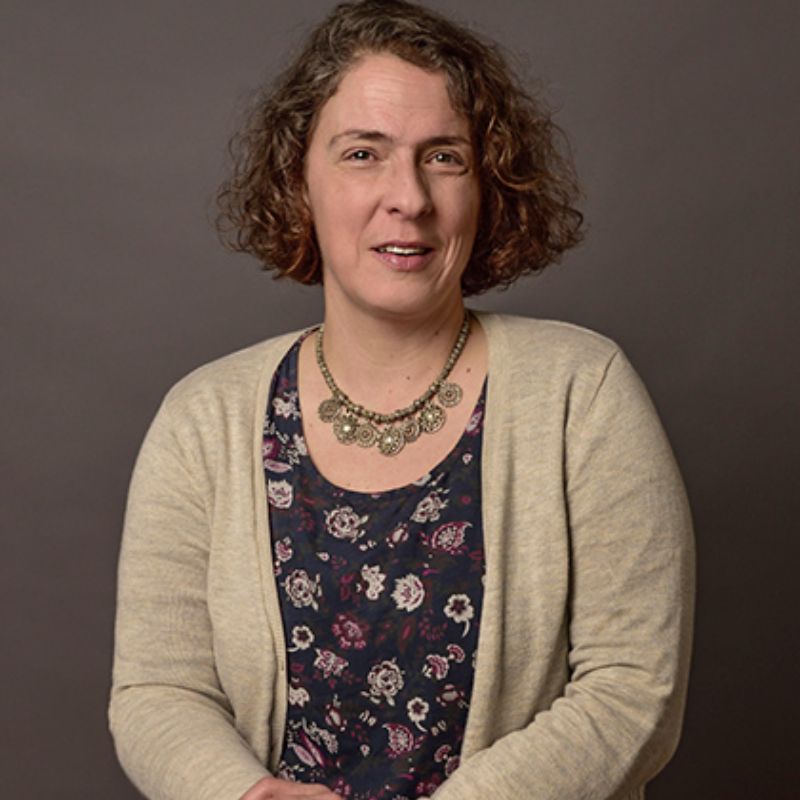
Cláudia Nunés dos Santos
Cláudia Nunés dos Santos is PI at NOVA Institute for Medical Systems Biology (NIMSB). Her research focuses on understanding how polyphenols provide health benefits, particularly their ability to reach the brain and prevent/reverse the main hallmarks of neurodegenerative diseases.
She earned her PhD in Plant Biochemistry from the Univ Lisbon, led the Molecular Nutrition and Health Lab at ITQB and after at NOVA Medical School, now is Vice-Director at NIMSB. She received an ERC-Stg and recently an ERC-PoC, and participated in FP7 and Horizon2020 EU projects (EUBerry, BacHBerry and CHIC). She has published over 100 peer-reviewed papers (H-Index:39, Scopus).
Cláudia Nunés dos Santos
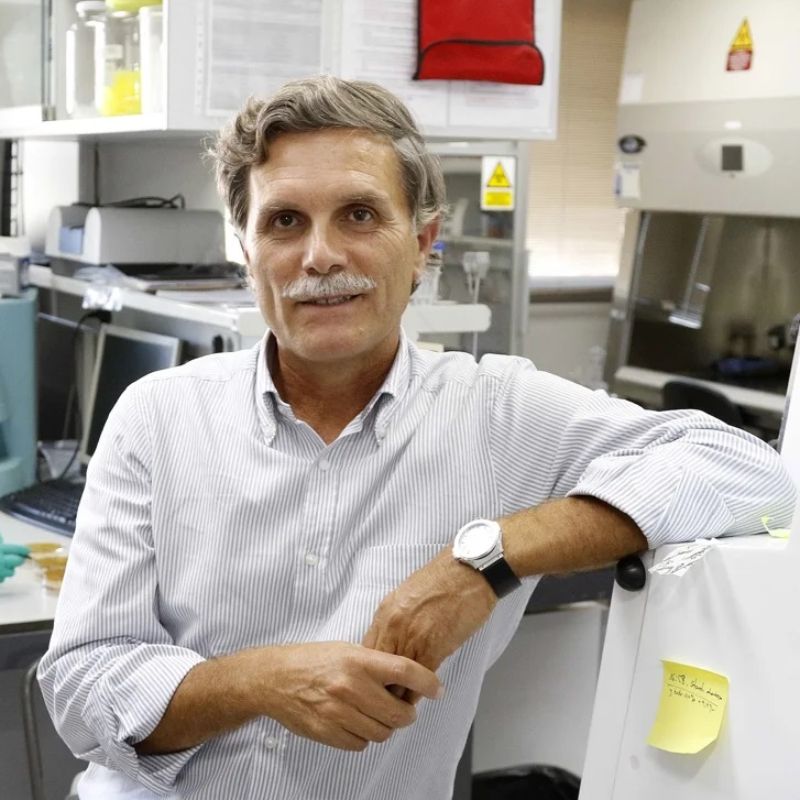
Francisco A. Tomás-Barberán
Studied Pharmacy Valencia University (1975-1980) PhD in 1984. Research Professor CSIC. Visiting scientist in Reading University (UK), Laussane University (Switzerland), Lyon University (France), and UCDavis (USA). His research studies the role of food polyphenols in human health, their interaction with gut microbiota and potential in personalized nutrition with a metabolomics approach. He has transferred results of research to industry (six patents, and three licensed. Derived products are actually in the market. Author of over 420 publications in scientific journals within the fields of phytochemistry, food science and nutrition (H-index = 109 in WOS). Highly Cited Scientist 2014-2024.
Francisco A. Tomás-Barberán
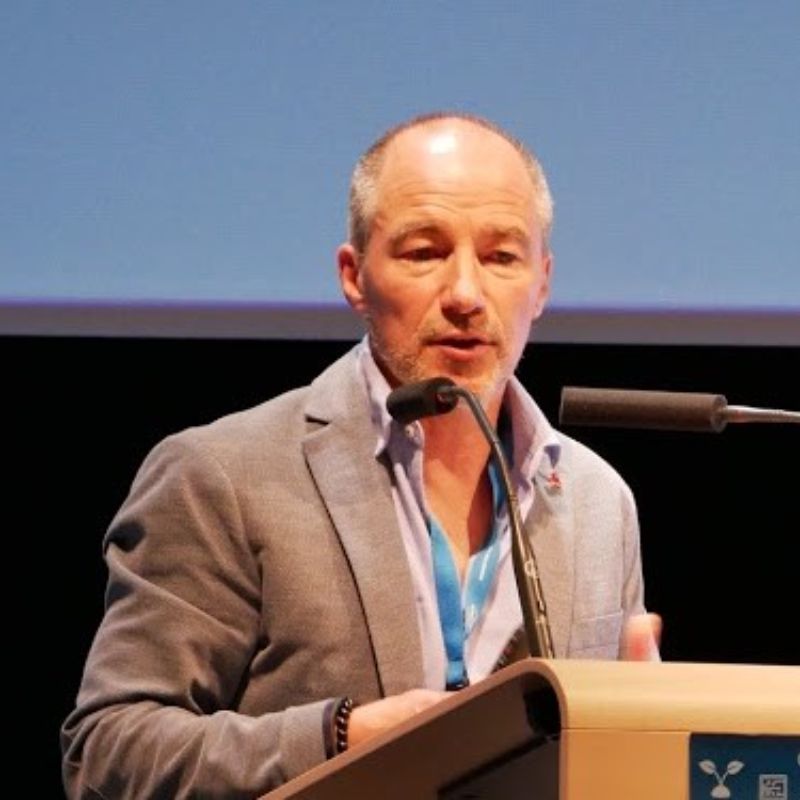
Jean-Charles Martin
Dr. Jean-Charles Martin is research director at the Human food department of the National Institute for Agriculture, Food and Environment (INRAE). He is located in the joint research unit C2VN at Aix-Marseille Université where he is leading the mass spectrometry metabolomics and lipidomics platform BIOMET.
Dr. JC Martin’s research primarily focuses on the impact of dietary lipids on human health. For the past 20 years, he has employed metabolomics to explore how environmental factors, particularly nutrition, influence health, disease, and overall well-being. He has led and participated in two major research programs investigating the influence of agricultural practices and agronomic traits on the quality of bioactives in oilseed rape, and their subsequent health implications for consumers. His work has demonstrated that common agronomic variations can significantly alter the balance of bioactives (mainly (poly)phenols and glucosinolates) in oilseed rape, potentially modulating their health benefits. Extending these findings, he has also studied farm animals as intermediaries in the food chain, linking oilseed rape with human consumers through a One Health approach. In this context, he focuses on newly identified bioactives (“neobiotics”) produced by the biotransformation of plant molecules in both animals and humans, including their microbiota.
https://www.linkedin.com/in/jean-charles-martin-85b0bb50/
https://www.researchgate.net/profile/Jean-Charles-Martin
https://scholar.google.fr/citations?user=LgDzZcgAAAAJ&hl=fr
Jean-Charles Martin

Patrick Borel
Patrick Borel is a research director at INRAE (French National Research Institute for Agriculture, Food and the Environment). He works in the “micronutrients and metabolic diseases” team within the cardiovascular and nutrition center (C2VN) at the Timone Faculty of Medicine in Marseille (France). After a PhD devoted to the study of the effect of dietary fiber on lipid absorption carried out in a laboratory at INSERM (French National Institute of Health and Medical Research), he was recruited at INRAE to study the bioavailability and metabolism of fat-soluble vitamins and carotenoids. For about fifteen years, he led a research team whose objective was to study the bioavailability and health effects of these compounds. He is thus co-author of more than a hundred articles on the factors that modulate the bioavailability of these compounds, starting from the effect of the food matrix in which they are ingested, to the effect of genetic variations that can explain the interindividual variability of their bioavailability and their concentration in adipose tissue. He is currently interested in the effect of epigenetic variations on the bioavailability and concentration of these compounds in adipose tissue and he has recently developed a new theme on edible insects as a new sustainable food source for these compounds.
Patrick Borel

Charles Desmarchelier
Dr. Charles Desmarchelier is an Associate Professor in Human Nutrition at the Center for CardioVascular and Nutrition Research (C2VN, Aix-Marseille University / INSERM / INRAE, France). He holds an engineering degree in Nutrition (2006, AgroParisTech), a PhD in Nutrition (2010, Technical University of Munich), and a PharmD (2021, Aix-Marseille University). His research focuses on the dietary and genetic factors that influence intestinal absorption, postprandial metabolism, and the status of lipids and lipid micronutrients. Dr. Desmarchelier is particularly interested in how genetics and nutrition affect lipid metabolism, with an emphasis on the metabolism of fat-soluble vitamins and carotenoids. His work has demonstrated how combinations of single nucleotide polymorphisms (SNPs) contribute to the interindividual variability in the bioavailability of these molecules.
Charles Desmarchelier

Lourdes Mounien
Dr. Loudes Mounien is an Assistant Professor in Physiology and Neurosciences at the University of Aix-Marseille (France). He has a Ph.D in Neuroscience (2006) at the University of Rouen (France).
Dr. Lourdes Mounien focuses on the regulation of energy metabolism, particularly the communication between organs in the context of food intake control, energy expenditure, and glucose homeostasis. Specifically, he is interested in extracellular vesicles (EVs) derived from adipose tissue and their effects on target organs and cells (brain, liver, macrophages…). Through various approaches (lipidomics, molecular and cellular biology…), he investigates the role of vitamin D, known for its anti-inflammatory effects, on the microRNA content and lipid and protein composition of EVs, as well as their functional effects on target cells. Finally, in collaboration with members of his group, he also conducts research on the effect of maternal vitamin D deficiency on the development and neuroinflammation of brain structures such as the hypothalamus or hippocampus, which are essential for central control of energy homeostasis.
Lourdes Mounien
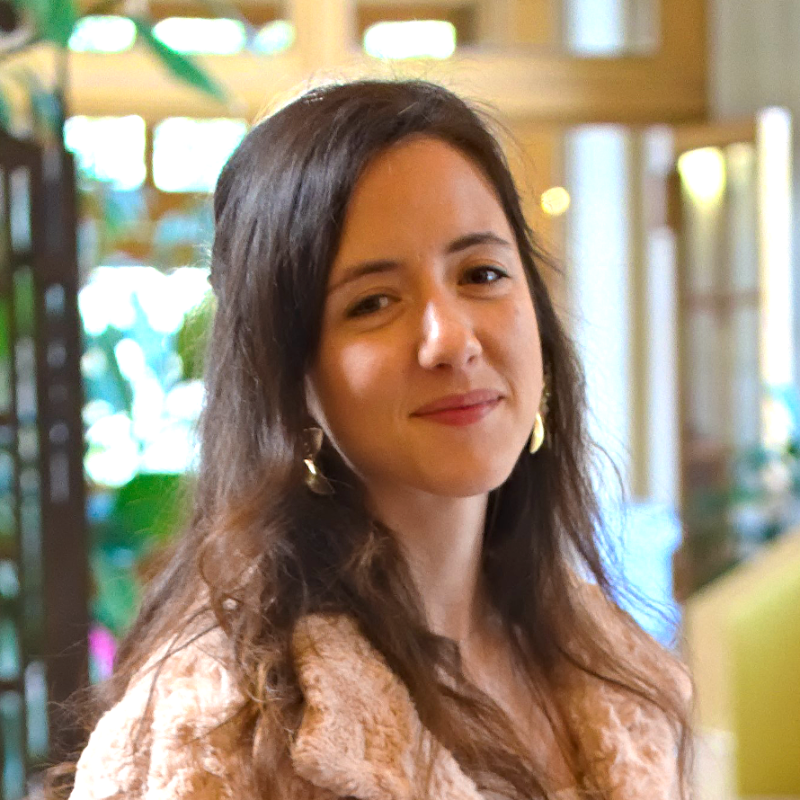
Ángela Bravo-Núñez
holds a PhD in Food Science and Technology (2019, University of Valladolid). Since the beginning of 2022, she has been working with the “Micronutrients and Metabolic Diseases” team within the Cardiovascular and Nutrition center (C2VN) at the Timone Faculty of Medicine in Marseille (France), as a postdoctoral researcher in Nutrition. Her current research focuses on improving the sustainability of food matrices while optimizing vitamin bioavailability and preserving intestinal health. Her vision of research is integrative, and her work is driven by her desire to make food healthier and more sustainable, following the guidelines of the UNESCO Sustainable Development Goals.
